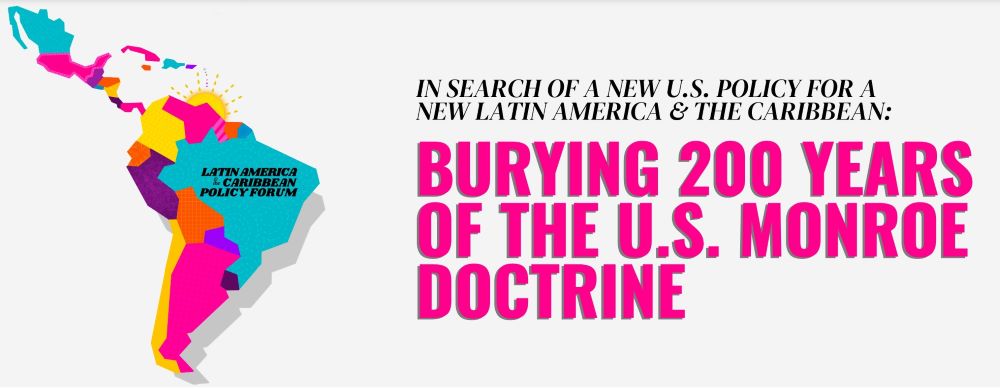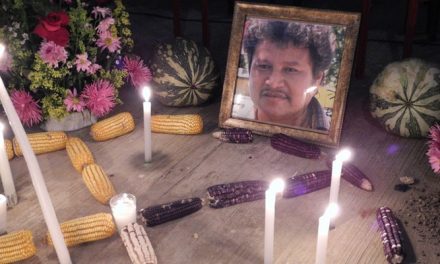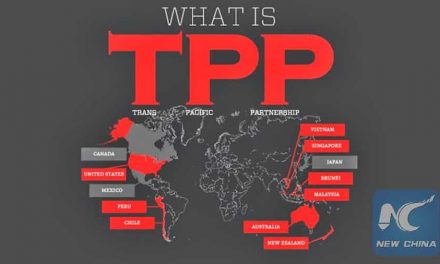Since President James Monroe issued the Monroe Doctrine in 1823, the U.S. has considered Latin America its backyard. Now more than ever, it’s time for Washington policymakers to reconsider this unfounded assumption. The vast majority of Latin Americans have always viewed with distaste the notion of being a “backyard.” From the outset of the twenty-first century, a sizeable number of governments have vocally rejected U.S domination, more so than in the past. They have taken steps toward promoting Latin American unity while questioning the utility of the Organization of American States (OAS), whose headquarters are located in Washington and have historically been dominated by the United States.
A string of progressive Latin American governments firmly rejected U.S. interventionism in the region. Washington attempted to destabilize several of these governments and in some cases supported regime change efforts spearheaded by the right-wing opposition by undemocratic means. Beginning in 2019, Washington supported a right-wing pushback throughout the continent, which included the military overthrow of President Evo Morales in Bolivia that the OAS played a major role in helping legitimize. Nevertheless, beginning with the election of Andrés Manuel López Obrador in Mexico in 2018, a second wave of progressive governments have been elected to office. Now, in addition to most of the nations of the first wave, Mexico, Colombia, and Chile are now in the progressive camp.
The Latin America and Caribbean Policy Forum: “In Search of a New U.S. Policy for a New Latin America: Burying 200 Years of the Monroe Doctrine” will be the space to discuss and analyze the current political situation in Latin America and the imperative of framing a new U.S. policy for the 21st century that will improve our relations with the regional community.





